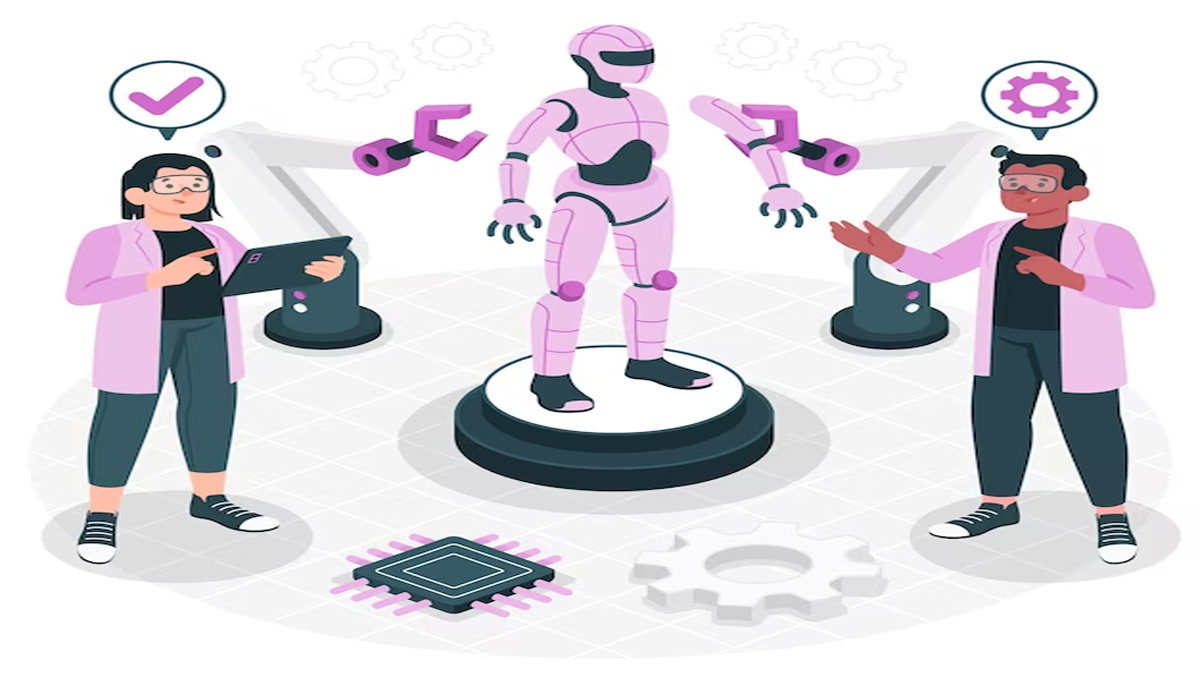Here are some key legal considerations related to deep learning algorithms:
1. Accountability and Responsibility:
Deep learning algorithms can be highly complex and opaque, making it challenging to determine who is accountable for their decisions and actions. When these algorithms make decisions with legal consequences, such as in criminal sentencing or credit scoring, it becomes crucial to identify who bears the responsibility for any potential errors or biases.
2. Transparency and Explainability:
Deep learning algorithms often operate as black boxes, meaning their decision-making processes are difficult to interpret and understand. This lack of transparency raises concerns regarding the right to an explanation, as individuals affected by algorithmic decisions may have a legal right to understand the factors that influenced those decisions.
3. Bias and Discrimination:
Deep learning algorithms can inadvertently perpetuate and amplify biases present in the data used to train them. If these biases result in discriminatory outcomes, such as biased hiring or lending practices, it can lead to legal challenges related to equal protection laws and anti-discrimination regulations.
4. Data Protection and Privacy:
Deep learning algorithms heavily rely on vast amounts of data for training and decision-making. The use of personal data raises concerns about compliance with data protection and privacy laws, such as the General Data Protection Regulation (GDPR) in the European Union or the California Consumer Privacy Act (CCPA) in the United States.
5. Intellectual Property:
Deep learning algorithms are often developed using proprietary datasets, models, and techniques. Intellectual property rights can arise concerning the ownership and protection of these algorithmic assets, particularly when they are used in commercial applications or shared among different entities.
6. Liability and Negligence:
If a deep learning algorithm’s decision leads to harm or loss, questions of liability and negligence may arise. Determining whether the algorithm’s developers, trainers, operators, or even the data providers bear responsibility for any resulting damages can be complex and require careful legal analysis.
7. Regulatory Compliance:
Deep learning algorithms operating in regulated sectors, such as healthcare or finance, must comply with specific legal and ethical requirements. Ensuring compliance with regulations like HIPAA (Health Insurance Portability and Accountability Act) or Basel III in financial services becomes crucial to avoid legal consequences.
Addressing these legal implications requires a multifaceted approach involving collaboration between legal professionals, data scientists, policymakers, and stakeholders. Efforts are being made to develop legal frameworks and guidelines that promote transparency, accountability, fairness, and ethical use of deep learning algorithms, aiming to balance innovation with legal and societal concerns.
